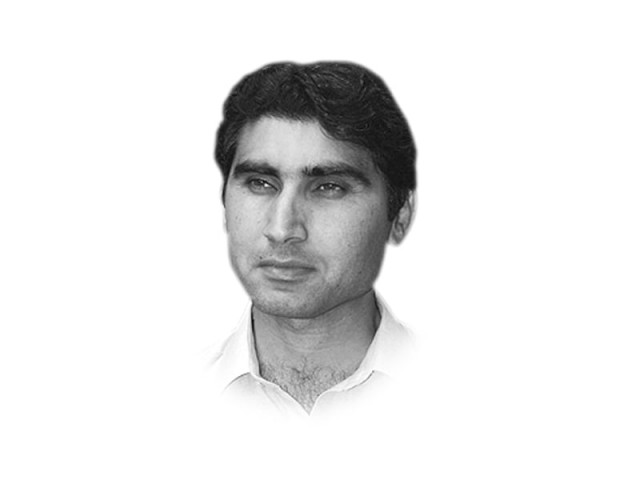Clash between values
Insecurity is manufactured at the global level and has less to do with cultural and religious forces found locally.

The writer is a doctoral fellow at Southern Illinois University in the US
In 1989, the collapse of the Soviet Union provided scholars a reason to predict a new political order, which centred around the US’s overwhelming military might and its growing political clout. In his much-hyped thesis in the early 1990s, US scholar Francis Fukuyama predicted the end of ideological conflicts, which he celebrated as the triumph of Western political and economic liberalism. Soon afterwards, Samuel Huntington offered his concept of the “clash of civilisations” in which the lack of shared values and effective global institutions were held responsible for global anarchy. Therefore, clash among civilisations, rather than among states or ideologies, were deemed inevitable in the future.
Fukuyama received a ruthless critique for his “immature rush” to celebrate capitalism’s triumph over communism. Huntington’s argument, on the other hand, took the flak for defocusing the role of transnational forces in fomenting global confrontation and overemphasising reactionary identities by holding them responsible for widening fault lines between civilisations.
Of all these critics, Hoffman stands out as logical. Referring to the hazy nature of Huntington’s thesis, Hoffman argued that it has failed to consider conflicts within each so-called civilisation, and overestimates the importance of religion in the behaviour of non-Western elites. Hoffman believes that the dominant tension of the decade was the clash between the fragmentation of states and the progress of economic, cultural and political integration — i.e., globalisation.
Given the context, the increasing extremism in different parts of the world has much to do with the weakening nation state structure, which has got momentum following the US’s increasing offshore military and economic pursuits. Control of Iraqi oil resources following the two phases of the bloody Gulf War and the rising confrontation in Afghanistan and Pakistan are two manifestations that make us believe that insecurity is largely manufactured at the global level and has less to do with cultural and religious forces at the local level.
After attacking Afghanistan in 2001, the US expansion of its drone war to Pakistan’s tribal areas was carried out ostensibly to make the world more secure. Inversely, a horrible backlash from religious extremists has made Pakistan a more dangerous country. One can hardly believe the US did not know what was evident to every layman in the region — that conflict escalation would bring fatal outcomes for all. If radicalisation of cultural forces was so obvious, does it mean that US policymakers were consciously creating trouble to prolong their stay?
That is why regional experts are sceptical of the US withdrawal from Afghanistan by 2014. The US presence has deprived regional countries of benefit from trade with the energy-rich Central Asian states. Economic interests of transnational corporations have shifted the power game in the region. Therefore, the US presence in Afghanistan could hardly be seen independent of transnational economic and strategic interests. Under the circumstances, manufactured uncertainties at the global level are enough to take precedence over any natural reason for a clash to happen between civilisations. Instead, global conflicts are seemingly more planned.
With more technological advancement, the possibility of a clash between civilisations seems less relevant in the face of a growing gulf between the haves and the have-nots. In the West, this confrontation is evident in the form of working class resistance against corporate forces. On the other hand, religious forces in Pakistan are in the process of radicalising the cultural fabric as a whole so as to establish an identity by creating widespread hatred against Western values. It is, therefore, imperative to understand that no simple explanation is available to understand the world’s complex problems. Global insecurity needs to be understood in its totality and not in any binary oppositional relationship such as in the West. Central to this observation is the role of an independent nation state, which has suffered hugely due to the rise of global economic powers. Hoffman rightly hints towards this issue while arguing that the more state sovereignty crumbles under the blows of globalisation, the more the state clings to what is left of it.
Published in The Express Tribune, April 19th, 2013.















COMMENTS
Comments are moderated and generally will be posted if they are on-topic and not abusive.
For more information, please see our Comments FAQ